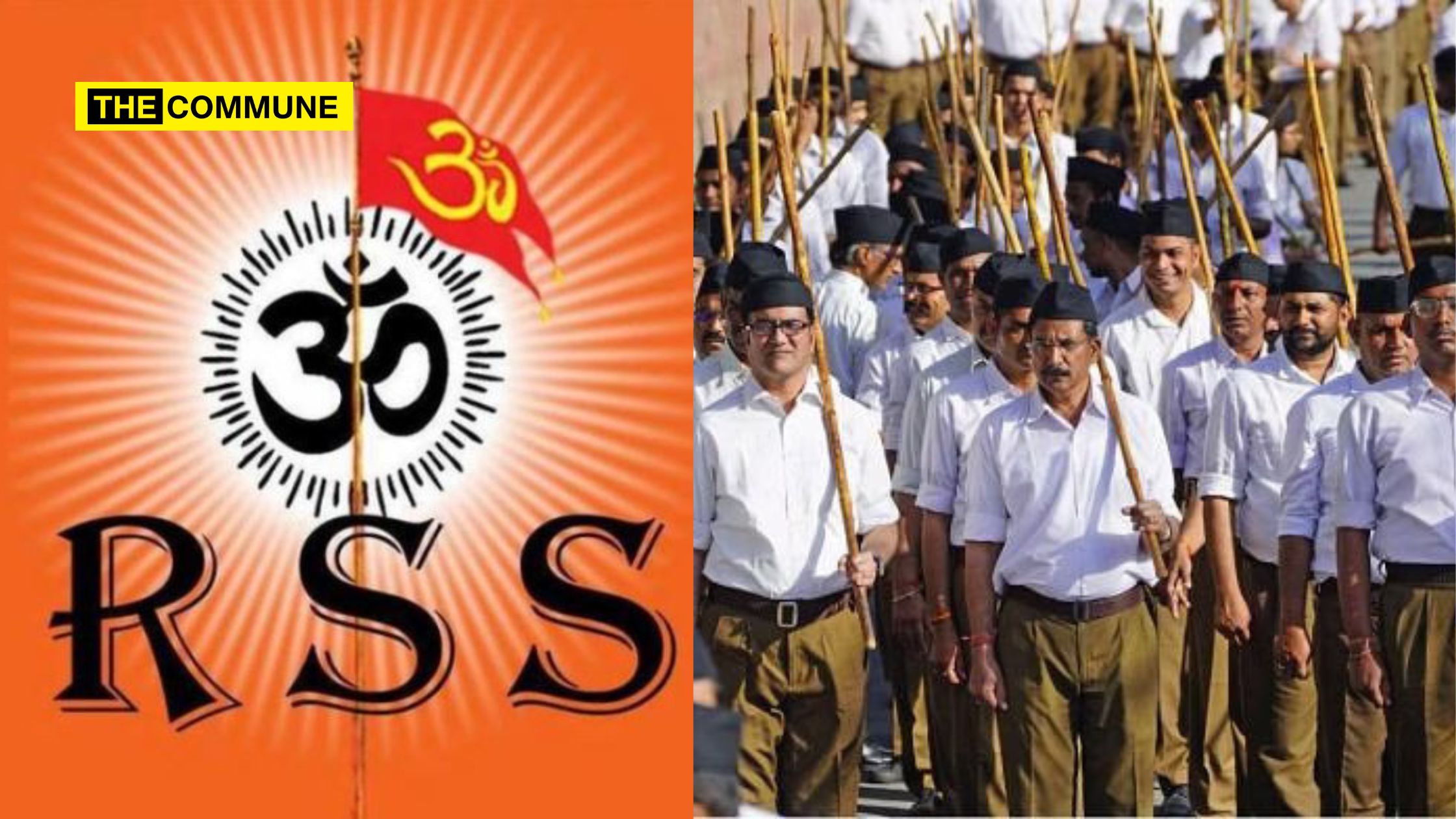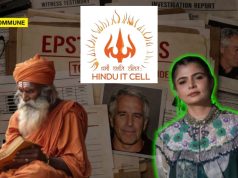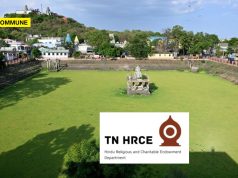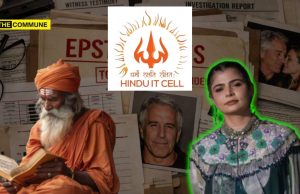
Tamil Nadu recently saw the annual camps organized by the Rashtriya Swayamsevak Sangh (RSS) taking place across various locations in the state. These camps, aimed at promoting cultural and ideological values, were conducted successfully despite attempts by Dravidian groups to cause disruptions.
In Chennai, for instance, the camp took place from 23 April 2024 to 7 May 2024 at Amritha Vidyalaya School in Kovur, with over 250 participants. Similar camps were held in Trichy, Tirunelveli, and Krishnagiri. Despite these efforts, certain Dravidian outfits tried to create trouble, particularly in Krishnagiri where an RSS camp faced opposition. A group comprising members from Dravidar Kazhagam, DMK, and Viduthalai Chiruthaikal Party submitted a memorandum to the assistant commissioner of Uthangarai, demanding the camp’s cancellation.
The memorandum cited violations of the model code of conduct and orders from the Tamil Nadu school education department prohibiting religious gatherings in school premises. Despite these challenges, the RSS camps proceeded smoothly, showcasing the determination of the participants and organizers.
The Dravidar Kazhagam, along with other parties, demanded the cancellation of the RSS camp in Krishnagiri District. They submitted a joint memorandum to the Uthangarai police and announced a protest outside the school premises. Interestingly, it was revealed that the Dravidar Kazhagam itself organized a camp for children, raising questions about the consistency of their opposition to RSS camps.
Anti-RSS sentiments have been on the rise among Dravidian outfits in recent times, with incidents of protests and demonstrations against RSS activities in the state. These clashes highlight the ongoing ideological tensions in Tamil Nadu. Additionally, educational institutions hosting RSS camps have faced resistance, including protests organized by Muslim outfits. In response to RSS camps, Dravidar Kazhagam and Muslim organizations conducted exclusive summer camps in the state to propagate their ideologies. While the Dravidian camps aimed to instill anti-Hindu thoughts, Muslim camps focused on Wahhabi ideology. Christian organizations also organized camps focusing on skill development and teachings from Christian faith, targeting underprivileged children. Recent reports also shed light on the need for transparency and adherence to secular principles in educational initiatives, following incidents like a government school teacher allegedly conducting bible classes during a camp.
Earlier, the Dravida Munnetra Kazhagam (DMK) government attempted to stop the RSS route march in Tamil Nadu. This decision was contested in the Madras High Court, which ultimately ruled in favor of the RSS, allowing them to proceed with the route marches across the state. The matter was further escalated to the Supreme Court, where the RSS succeeded in its legal battle against the DMK government. The RSS had planned nationwide route marches on 2nd October as part of the Azadi Ka Amrit Mahotsav commemoration, but the government’s denial of permission initiated the legal dispute. This annual procession has been a tradition for the RSS.
While the RSS has been active in Tamil Nadu since the 1940s, over the past five years, it has made significant progress in the state, with more individuals joining as members and participating in shakhas. This growth reflects a broader shift in Tamil Nadu’s political landscape, with more people actively engaging with the RSS, despite resistance from Dravidian ideologies.
The DMK and All India Anna Dravida Munnetra Kazhagam (AIADMK) governments have historically opposed RSS activities and route marches. However, permission has been granted on occasions, even during AIADMK rule in 2017 and 2018. Despite resistance from the government, the RSS has managed to secure permissions for route marches, including instances like the one in Coimbatore two years after the 1998 blast, where the DMK government granted permission.
The current confrontation between the RSS and DMK government, according to political analysts, is inadvertently aiding the RSS’s cause by making it a prominent talking point and providing a platform to spread its ideology.
The DMK government’s approach is to handle the situation sensitively, considering legal avenues to address the issue. This includes seeking recourse through the courts to implement their decisions, thereby avoiding direct criticism from their alliances. The RSS, determined to continue its activities, has pursued legal avenues, emphasizing its resilience against challenges. Despite setbacks and resistance, it remains steadfast in its mission.
In conclusion, the conflict between the RSS and the DMK government underscores the evolving dynamics of politics in Tamil Nadu, where ideological benefits the RSS more
(With Inputs From Organiser)
Subscribe to our channels on Telegram, WhatsApp, and Instagram and get the best stories of the day delivered to you personally.




